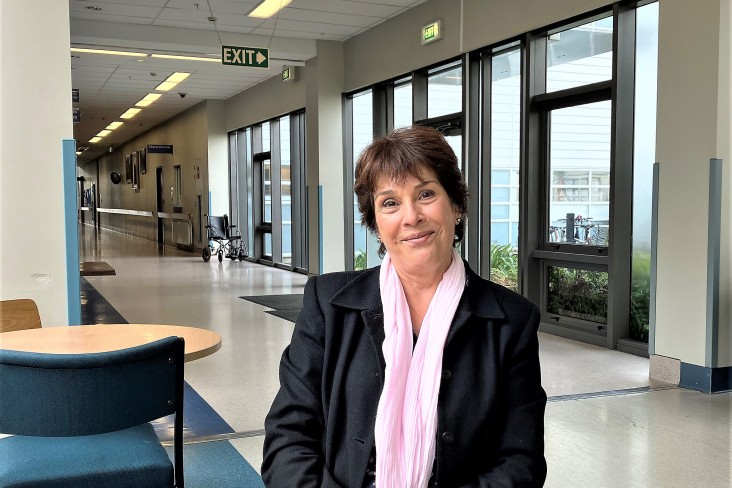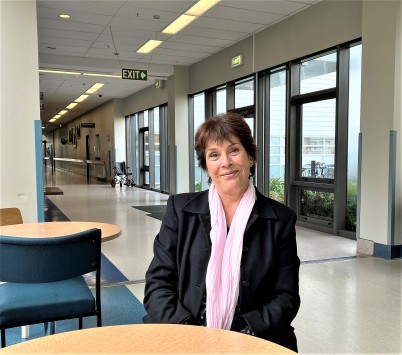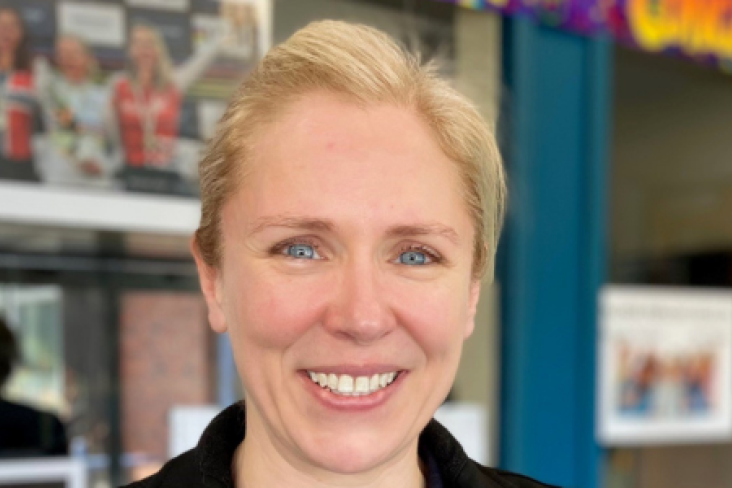Maria Hance remembers a moment clearly when a client turned to her and said, “It’s like a miracle, I can understand what the doctor is saying.”
Helping people is in Maria’s DNA given her mother, who was the director of social services at a hospital in Argentina, used to say, “We are here to hold their hands.” Meaning, we are here to support and help people.
One of the biggest groups Maria works with is the Colombian refugees in Invercargill through the Red Cross.
It has become a large community with more than 150 refugees settled in the south since 2019.
The aim of an interpreter is to transfer information between a non-English speaker or someone with limited English to another.
Maria is often called to assist clients at GPoffices or with doctors, specialists, the mental health team, and nurses at the hospital.
She received formal training through Interpreter New Zealand and there are many skills an interpreter needs to have.
They need to be highly competent in the language they use, be able to keep calm, adhere to a code of ethics and conduct, be a good listener, build a rapport quickly and transfer the information between a health professional and a patient accurately.
It’s important that people understand the boundaries an interpreter has. They are not social workers, they cannot say more than what the health professional has said, and they are not there to be a taxi service for people to take them to appointments.
A biologist by training, Maria opted to work in health after becoming an interpreter as the medical terms are familiar.
When healthcare professionals are working with interpreters, it’s important to create pauses to give the interpreter time to relay the information accurately to their client.
“I take notes, and it also helps to have a good memory,” she says.
Some of the tougher times are when an interpreter must give a doctor’s sad news to a client, or when a client is unable to express clearly where or what type of symptoms they are having, she says.
There have also been some amazing moments in her job.
Often refugees experience significant trauma from living through civil unrest and need additional help, and it is here Maria pays tribute to the mental health staff at Southland Hospital.
“The dedication of these people is amazing. The lengths they go to help people is extraordinary.”
-
Te Whatu Ora Southern has about 140 interpreters in-house district wide covering 50 languages including sign language.
-
Healthcare providers who need an interpreter in Dunedin email intepreter@southernhdb.govt.nz, in Invercargill email interpreter.southland@southerndhb.govt.nz
-
Interpreter Co-ordinators phone (03) 470 9535 or (03) 470 9981
Patient Enquiries Interpreter Maria Hance works as a Spanish interpreter for Te Whatu Ora Southern in Invercargill and for Interpreting NZ assisting patients and health professionals to communicate clearly with each other.




